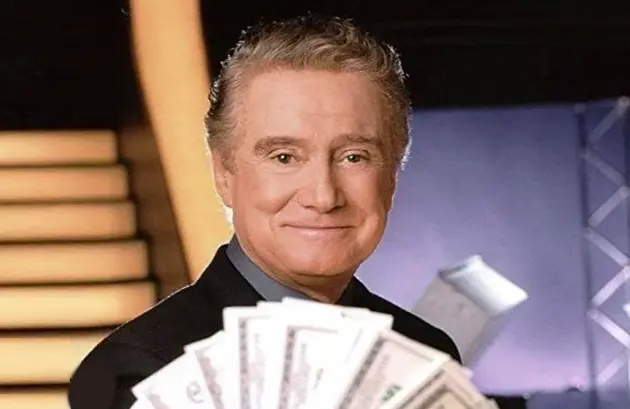Who Wants to Be a Millionaire: A Game Show Phenomenon That Changed Television Forever

In the annals of American television history, few game shows have had the same seismic impact and lasting legacy as “Who Wants to Be a Millionaire.” Premiering in the United States in 1999, this iconic quiz show revolutionized the genre, captivating audiences with its high-stakes drama, interactive gameplay, and the promise of life-changing riches. As we reflect on the cultural significance of “Who Wants to Be a Millionaire,” it becomes evident that its influence on American culture and the game show landscape is nothing short of monumental.
The Birth of a Phenomenon: A Game-Changer in Television
“Who Wants to Be a Millionaire” made its debut on American television screens in August 1999, with veteran host Regis Philbin at the helm. Adapted from a British format, the show’s premise was deceptively simple: contestants answered a series of increasingly difficult multiple-choice questions in pursuit of a top prize of one million dollars. However, it was the show’s innovative lifeline system and nail-biting tension that set it apart from its predecessors, turning it into a cultural phenomenon virtually overnight.
With its sleek set design, dramatic lighting, and iconic soundtrack, “Who Wants to Be a Millionaire” captured the imagination of viewers across the nation, drawing in millions of loyal fans and dominating water-cooler conversations in the process. From its catchy catchphrases (“Is that your final answer?”) to its heart-pounding music cues, the show became a fixture of American pop culture, spawning merchandise, video games, and even a hit primetime special event.
The Impact Unveiled: A Cultural Touchstone
At its core, “Who Wants to Be a Millionaire” tapped into the collective desire for wealth and success, offering contestants the opportunity to achieve the ultimate dream of becoming a millionaire. By blending elements of strategy, intellect, and sheer luck, the show transformed ordinary individuals into overnight celebrities, showcasing their talents and tenacity on a national stage.
Moreover, “Who Wants to Be a Millionaire” had a profound impact on the television landscape, paving the way for a new era of reality and game show programming. Its success inspired a wave of imitators and spin-offs, from “The Weakest Link” to “Deal or No Deal,” each seeking to capture the same lightning-in-a-bottle formula that made “Millionaire” a cultural phenomenon.
Furthermore, the show’s influence extended beyond the realm of television, permeating popular culture in unexpected ways. From references in movies and TV shows to parodies on late-night comedy programs, “Who Wants to Be a Millionaire” became a cultural touchstone that resonated with audiences of all ages and backgrounds.
The Legacy Endures: A Lasting Influence on Game Shows
Twenty-five years after its debut, “Who Wants to Be a Millionaire” continues to hold a special place in the hearts of fans around the world. While its primetime run may have come to an end, the show’s legacy lives on through syndication, international adaptations, and digital platforms, ensuring that new generations of viewers can experience the thrill of the hot seat firsthand.
Moreover, the impact of “Who Wants to Be a Millionaire” can be seen in the evolution of game show formats and production techniques. Its emphasis on suspense, drama, and audience engagement has become standard practice in the industry, influencing everything from casting decisions to set design to marketing strategies.
In conclusion, “Who Wants to Be a Millionaire” stands as a testament to the enduring power of television to captivate, entertain, and inspire audiences around the world. With its innovative format, charismatic host, and the promise of untold riches, the show captured the zeitgeist of the late 1990s and forever changed the game show landscape. As we look back on its cultural impact and lasting legacy, it becomes clear that “Who Wants to Be a Millionaire” is more than just a game show – it’s a cultural phenomenon that will continue to resonate with audiences for generations to come.

You must be logged in to post a comment Login